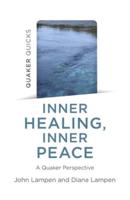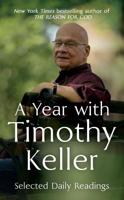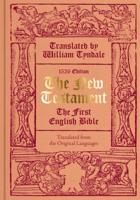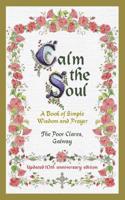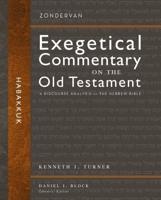Publisher's Synopsis
This is how I have heard The Psalms, these poems of praise and lament. The psalmist's cry for help and recognition, a nation's prayer of repentance and their call for justice. They cover the whole range of human emotions from joy to anger, from hope to despair. The Psalms may sit in the middle of the Old Testament but their language and themes permeate the whole of the Bible. They foretell the coming of the Messiah, they call for the forgiveness of sin, they praise God as creator and redeemer and recognise His priorities to care for the poor and hungry, to look after the immigrant and protect the widow and dispossessed. Their verses are quoted by Jesus and echoed by Paul. Unsurprisingly, they continue to be used in Jewish worship and the words and poetry of The Psalms is found in Christian liturgy, as well as being recited as Holy Scripture. The Psalms can be a challenge to read and to fully understand. They are full of emotion, and private anguish. These hymns or prayers set down the psalmist's spiritual and bodily concerns, usually in the context of the history of God's chosen people. The Psalms also provide us with unforgettable images of the glory and majesty of God's power and creation. Here we have the psalmist in conversation with God, often arguing and calling for his intervention to save the writer or to save Israel. At times, the psalmist sounds selfish, like a demanding child, calling on God for special attention, even when the psalmist acknowledges his own shortcomings. He pleads for God's help, he tells God what to do, he rails against his enemies, he generally feels sorry for himself. Elsewhere, the psalmist glorifies all that God has done, both in his power over creation but also in guiding and saving the people of Israel throughout their history. This is my take on the 150 poems that comprise the Psalms. By no means a faithful translation, rather an interpretation of other versions, put in my own voice. A poetic response to the call they make to our worship and prayer.




